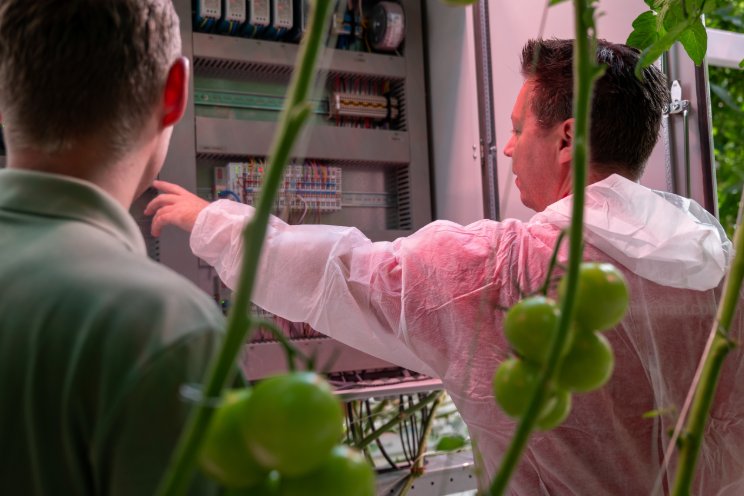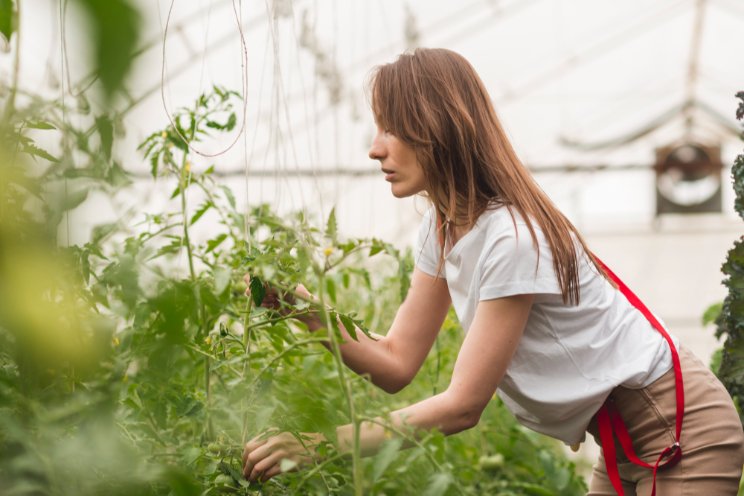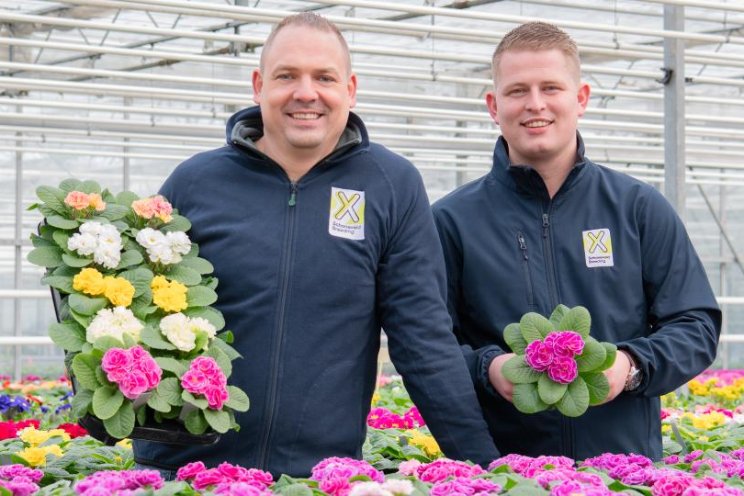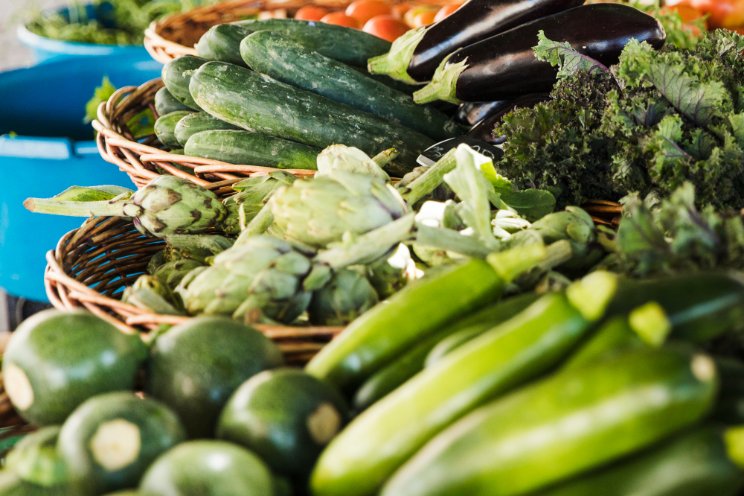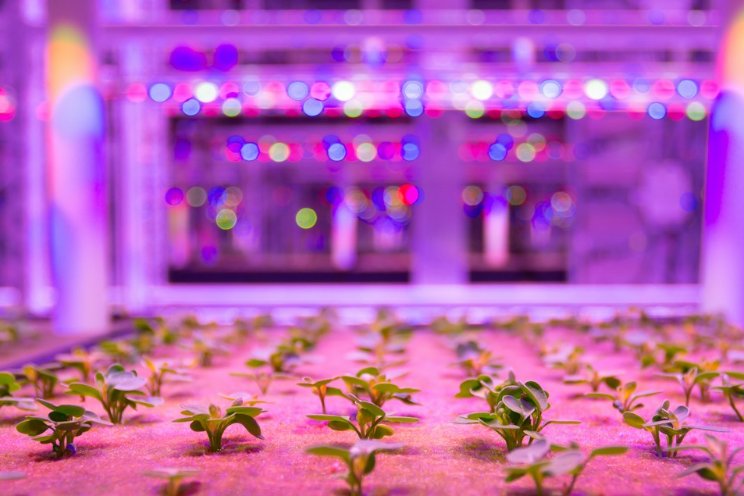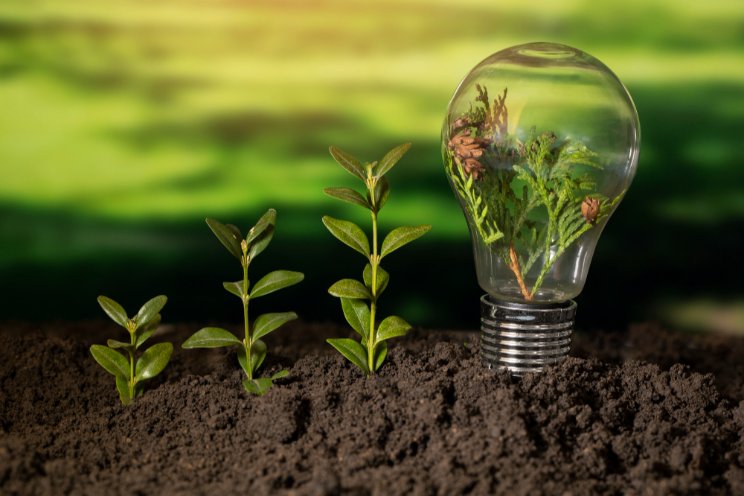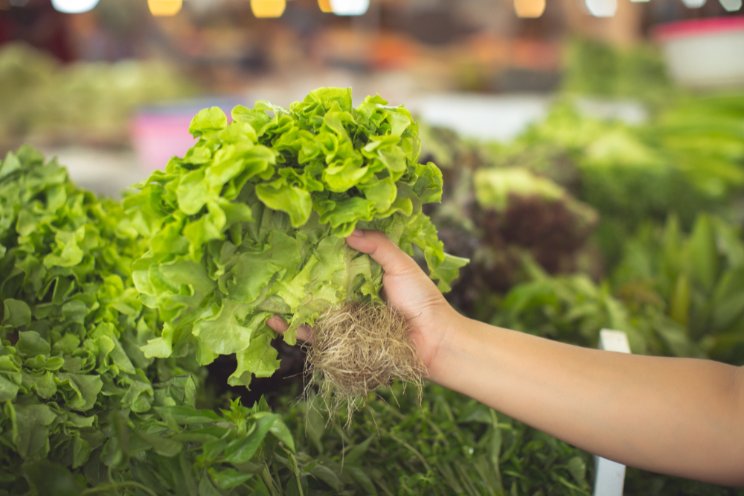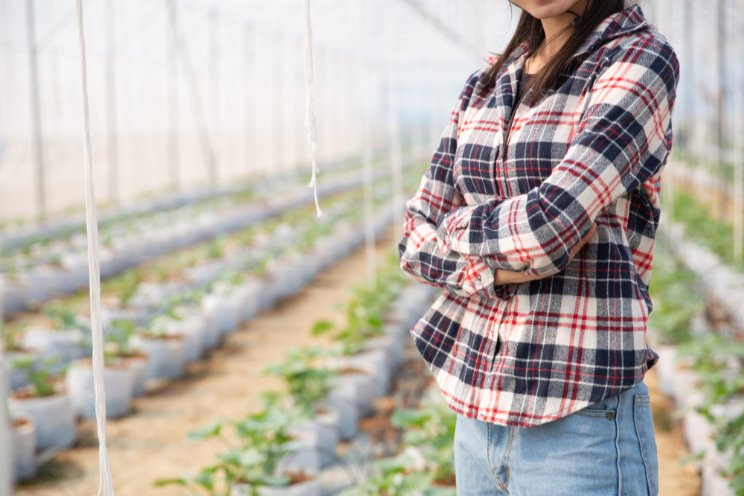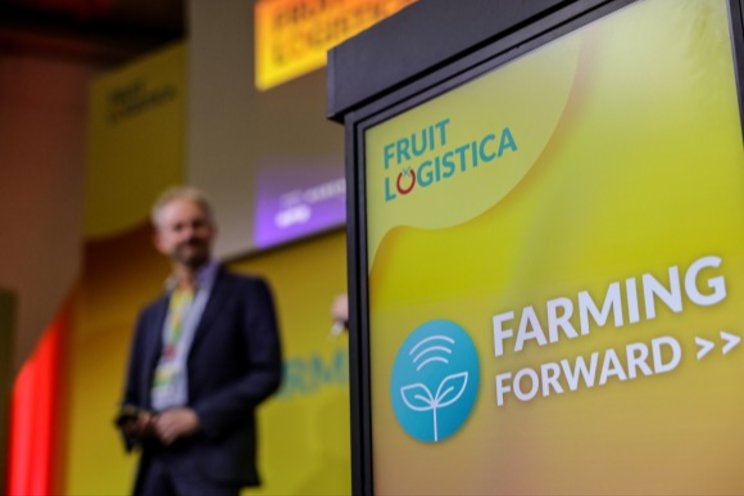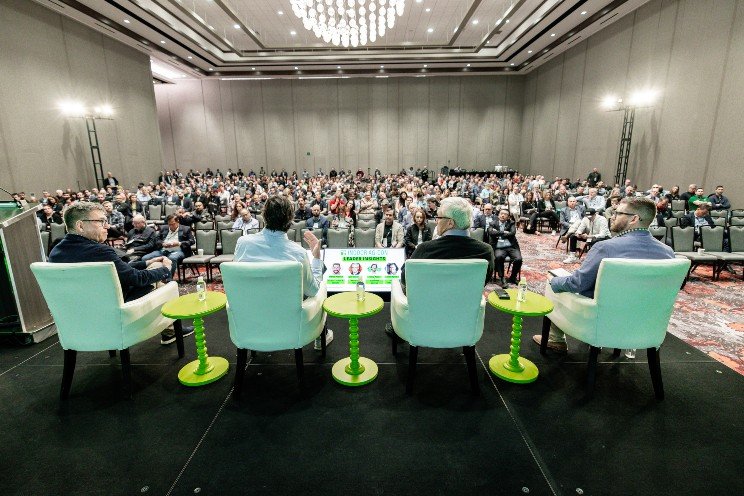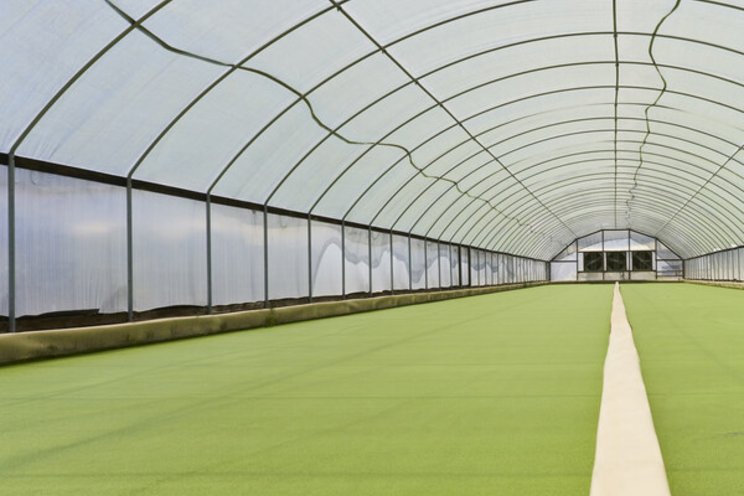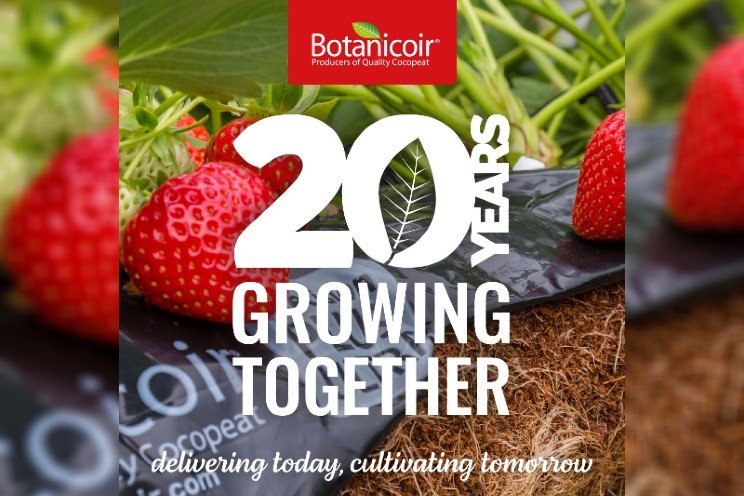The race is on to develop space food for Mars
Added on 27 September 2021

Birthday cakes took a different form aboard the International Space Station (ISS) under Chris Hadfield's command. Using alternating layers of peanut butter, honey and the maple syrup he had brought with him from Canada, the astronauts stacked tortillas 25 high. Especially versatile in space, tortillas don't crumb like bread or cake; since they're heat-treated and packaged in an oxygen-free environment, they can last for 18 months.
"Because it was all stuck together as one big cylinder, suddenly we'd created a space cake," says Hadfield. "We could cut everybody a little traditional triangular slice, and have a birthday cake that was using the materials on hand to make something that actually was quite delicious and different, but still reminiscent."
If they had been celebrating on the Moon, birthday candles could have been flickering. But in microgravity, there's no convection. The only way for oxygen to resupply a lit candle would have been through random molecular motion, Hadfield explains. Starved of oxygen on the ISS, the spherical blue flames would have almost immediately extinguished.Not being able to blow out candles didn't detract from the celebrations, though: "We had the whole world in our window."During his five-month assignment aboard the ISS in 2013 — the second half of which he served as commander, another first (in 2001, he became the first Canadian to walk in space) — Hadfield captured the world's attention. His cover of David Bowie's Space Oddity has more than 50 million views on YouTube, but people were also captivated by glimpses of his daily life in orbit."Part of it is just trying to share what is still an extremely rare human experience, and a perspective that I think is really important. Being able to see the entire world in 90 minutes, over and over again, forever changes your perception of where the line between us and them is drawn, and the shared commonality of the human experience," says Hadfield, who was an astronaut for 21 years and has since started exploring space in fiction with The Apollo Murders (Oct. 12, 2021, Random House Canada). "The perspective from space radically forever improves your understanding of the world itself."
The ISS is entirely dependent on supplies from Earth. As Hadfield demonstrated in videos shot in his "space kitchen," food preparation is limited to opening packages, squeezing tubes, rehydrating or reheating. There are no fridges, freezers, stoves, microwaves or dishwashers — no aromas of food cooking, coffee brewing or plates to eat off of.
Click here to read more.
Photo by Nicolas Lobos on Unsplash
Source: Standard Freeholder
More news
